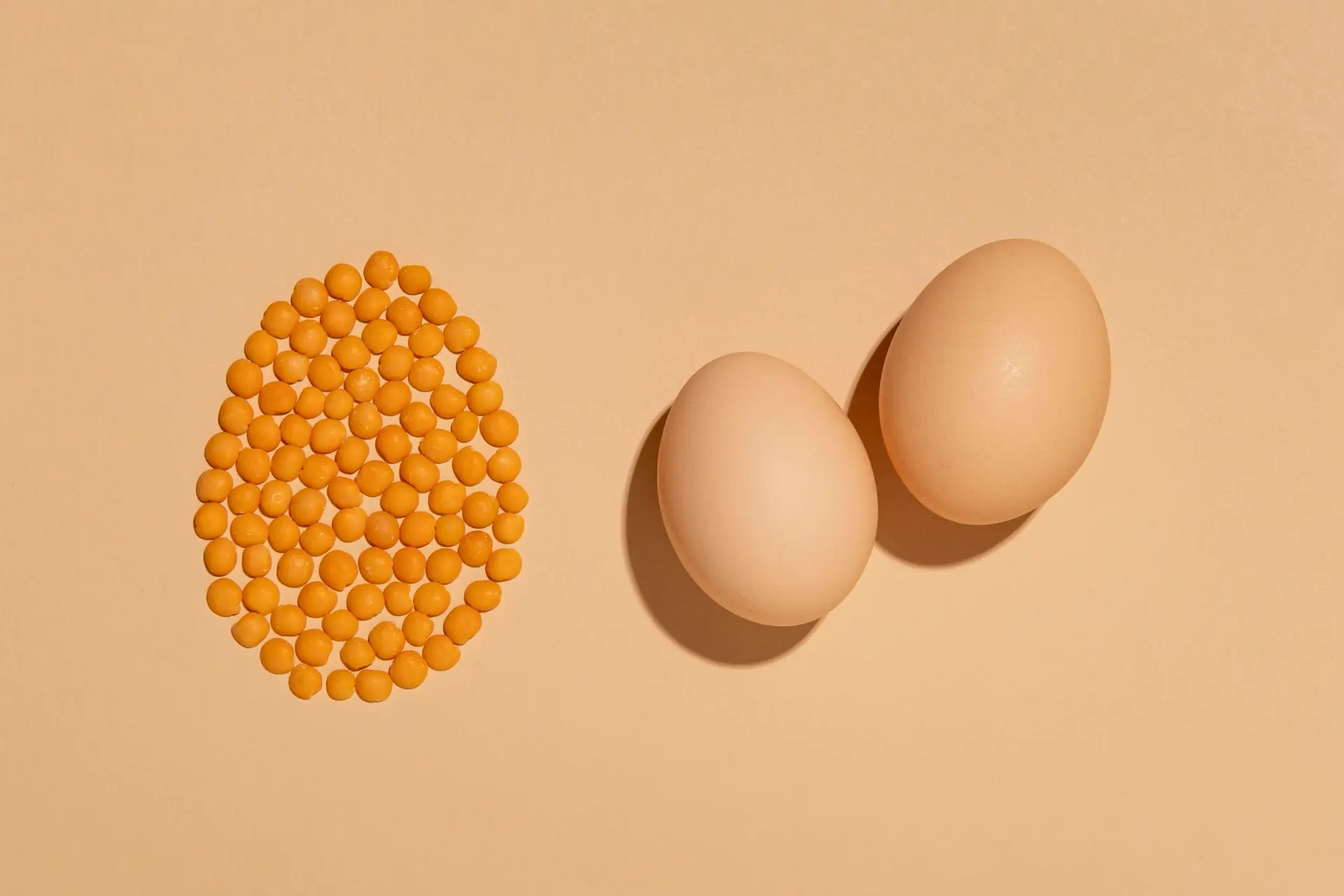Feeling the pressure of your biological clock? Take control of your fertility with egg freezing and give yourself the freedom to build your future—both personally and professionally—without compromise.
Introduction
Life doesn’t always follow a set timeline, and that’s okay. Maybe you’re building your career, waiting to meet the right partner, or simply not ready for motherhood yet. Whatever your journey looks like, your fertility shouldn’t be a source of stress. Egg freezing (oocyte cryopreservation) is a way to take control, allowing you to preserve your eggs when they are at their healthiest, so you have the option to use them when the time feels right.
Why Consider Egg Freezing?
Egg freezing offers a proactive approach to preserving fertility, providing women with more control over their timeline. Here’s why it’s worth considering:
- Egg Quality Declines with Age
The health of an egg, also known as its genetic integrity, is crucial for successful conception. As women age, their eggs are more likely to develop chromosomal abnormalities, which can lead to challenges such as failed implantation, miscarriage, or genetic conditions in the baby. By freezing eggs at a younger age, you preserve them at their healthiest, increasing the chances of a successful pregnancy later. - Egg Quantity is Finite
Women are born with a limited number of eggs—about 1 to 2 million at birth. This reserve naturally declines over time, dropping to approximately 300,000 to 500,000 by puberty. With each menstrual cycle, more eggs are lost, and by the mid-30s, the number of viable eggs decreases significantly. Freezing eggs earlier can help safeguard fertility before this natural decline makes conception more difficult.
Freezing your eggs at the right time can offer peace of mind if:
- You Want to Prioritize Growth
You’ve put in the work to build your career, and now a big opportunity—maybe a master’s degree or a promotion—needs your full attention. Or maybe you want to travel, focus on personal goals, or simply aren’t ready for motherhood yet. Egg freezing gives you the freedom to embrace these experiences without feeling rushed, keeping your options open for the future.
- You haven’t Found the Right Partner for Yourself: You’re still looking for the right partner but don’t want your biological clock to dictate your choices. Egg freezing gives you time to find love without pressure.
- You have Family History of Early Menopause: If your mother or grandmother experienced early menopause, you may be at higher risk of diminished ovarian reserve earlier than expected. Freezing your eggs can help preserve your fertility options for the future.
- You’re undergoing Medical Treatments: Certain medical conditions, such as PCOS, endometriosis or autoimmune disorders, and treatments like chemotherapy can impact fertility. If you’re facing a health challenge, freezing your eggs beforehand can help keep your options open.
Egg freezing doesn’t mean you have to delay motherhood—it simply means you’re giving yourself more options.
When is the Right Time to Freeze Your Eggs?
There’s no one-size-fits-all answer, but these factors can help guide your decision:
1. Medical Considerations
The ideal time to freeze your eggs is usually in your mid-to-late 20s or early 30s, when they are still abundant and healthy. However, the right timing also depends on factors like your genetics, medical history, and lifestyle. Freezing them earlier can mean:
- Higher chances of a successful pregnancy when you’re ready.
- Fewer retrieval cycles, making the process easier and more affordable.
- Better egg survival rates, ensuring they remain viable when thawed and fertilized
2. Personal Readiness
Egg freezing is more than just a medical procedure—it’s a commitment that requires both emotional and physical readiness. The process involves hormonal medications, regular monitoring, and an egg retrieval procedure, which can bring temporary side effects like bloating and mood swings. Understanding what to expect can help you approach it with confidence. At the same time, taking a moment to reflect on your long-term reproductive plans can provide clarity on whether egg freezing aligns with your journey.
3. Financial Considerations
Egg freezing is an investment in your future, covering costs for medications, retrieval, and long-term storage. While it requires upfront financial planning, freezing eggs earlier can reduce the number of cycles needed, ultimately making it a more cost-effective option in the long run. Additionally, many corporates have started to offer coverage for egg freezing as part of their employee benefits, and flexible payment plans may be available to make the process more affordable and accessible.
Conclusion
Fertility isn’t just about how many eggs you have, it’s also about their quality. As you age, both your egg count and quality decline, making conception more challenging. The sooner you freeze your eggs, the better the chances of preserving healthy ones, giving you more options and higher success rates in the future. Egg freezing isn’t about fear, but about taking control. If motherhood is in your future plans, why not give yourself the best shot at it? Your timeline should be yours to decide.
FAQS:
1. How long is the egg freezing procedure?
The entire process takes about 10 to 14 days, starting from the first day of hormonal stimulation to the egg retrieval. This includes daily hormone injections, regular monitoring through ultrasounds, and finally, the retrieval procedure itself.
2. Is it painful?
The procedure is generally well-tolerated. The hormone injections may cause mild discomfort, bloating, or mood swings. The egg retrieval itself is done under light sedation, so you won’t feel pain during the process. Some women experience mild cramping or bloating afterward, but recovery is usually quick.
3. Are there any side effects or risks of the procedure?
Common side effects include temporary bloating, fatigue, mood swings, and mild cramping due to hormonal stimulation. In rare cases, some women may develop Ovarian Hyperstimulation Syndrome (OHSS), where the ovaries over-respond to medication, causing swelling and discomfort. However, with careful monitoring, the risk is minimal.





